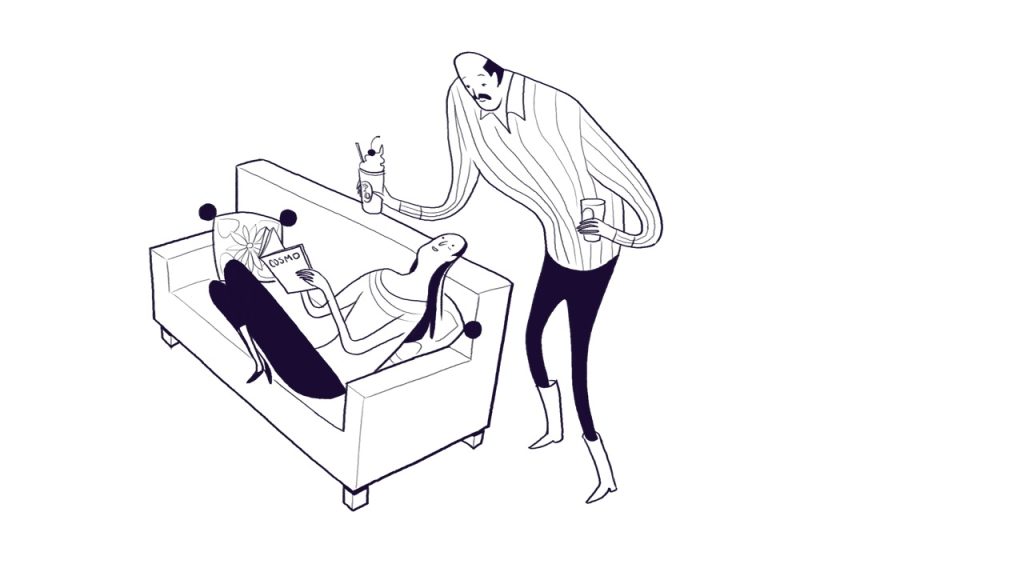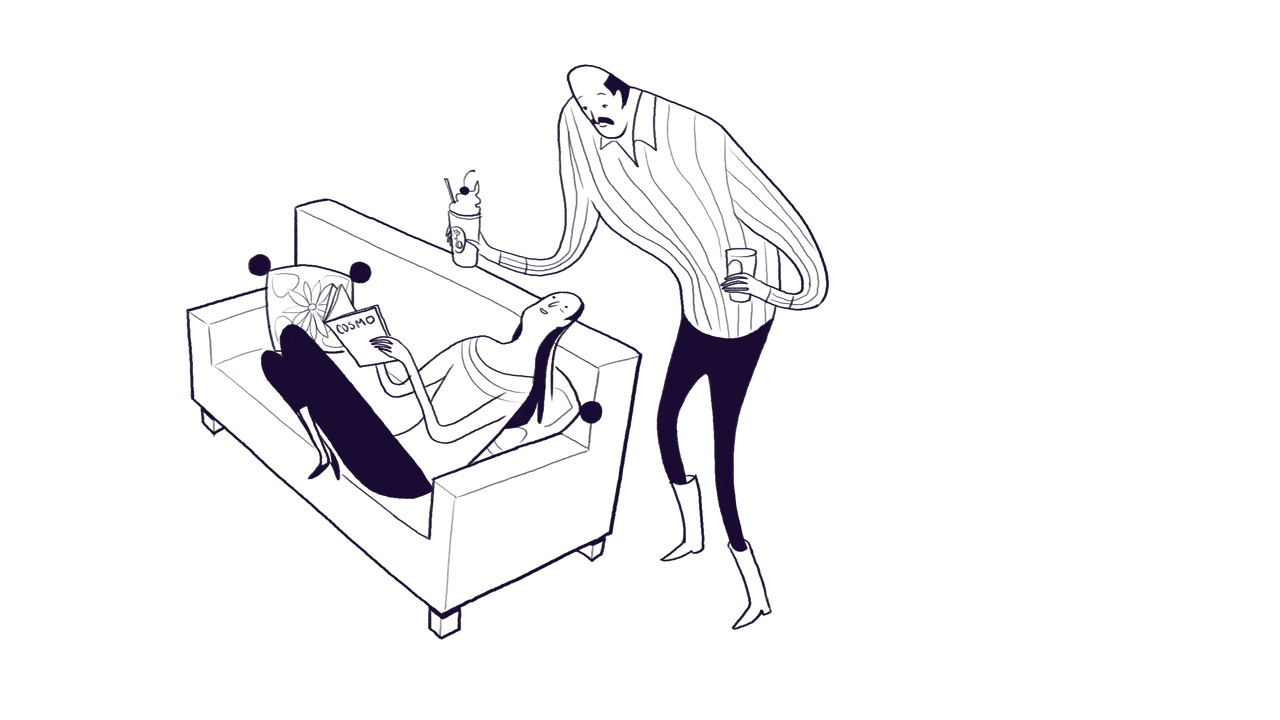Why You Should Reward Your Loved One

The CRAFT method of intervention teaches families how to reward their addicted loved one. We know that a dolphin who does the trick right gets a fish, but what does it mean to reward a person? And why has research shown that this approach works the best?

Illustration © Eleanor Davis
When the impossible becomes possible
Anyone who has ever gotten sober started out by not using or drinking on a given day — those first 24 hours. Obvious, right? Perhaps. Perhaps not.
Many of us think in more global terms. We think of the task as onerous. Something requiring superhuman effort. To stop completely? To spend even one day not doing what the mind and body are now obsessively and compulsively programmed to do: to drink and drug? It can seem impossible that our loved one will ever get sober.
Yet, everyone who had an addiction problem and stopped, started out by putting hours of non-using together to equal one day.
What made that day so different? Maybe it was a huge jackpot, a car wreck or the loss of a job. But most likely, it was something small – a look of disgust from a respected friend or the realization that things seem to be endlessly repeating.
It is usually a negative consequence that lights the flame.
But one thought or experience, however painful, is probably not enough to propel your loved one into a new behavior. Especially a new behavior like sobriety that requires them to go against the grain and reverse their ways.
Rewards…
A reward serves as encouragement. A reward provides fuel for their effort.
The reward might be internal: they notice their mind is a little clearer on that first day. Perhaps they wake up without a hangover. Or they don’t tell a lie for a day. Or they don’t have to scavenge for money for drugs.
The reward might be external: maybe you look your loved one in the eye and smile gently. Maybe you scrunch them on the shoulder, letting them feel the warmth of connection.
What’s so cool about rewards is that the recipient doesn’t have to realize she’s getting the reward, for it to work. Rewards work on a deeper level. The reward gives her a good feeling, so the person then seeks to repeat the behavior that produced the reward. It’s the feeling created by the reward that makes the difference.
…and natural consequences
You are in your loved one’s life. Trying to control what they do doesn’t work. But you do have control over your actions. You can allow natural consequences – those stumbles that can drive them to want to quit. You can add in rewards, producing that good feeling that can motivate them to stay sober for a little while longer.
Studies show that the right reward, carefully timed, can compete with the need to use drugs or to drink.
Like so much of this work, it’s in the details. The principle you want to apply is to allow your loved one to experience the natural consequences of their use when it’s safe to do so. And reward them when they aren’t using. This is an action you can take that can help shift the balance towards sobriety.
Become a member of Allies in Recovery today and watch our Video Modules on how to reward your loved one in moments of non-use.
A membership at Allies in Recovery brings you into contact with experts in the fields of recovery and treatment for drug and alcohol issues. Our learning platform introduces you to CRAFT and guides you through the best techniques for unblocking the situation. Together we will move your loved one towards recovery. Learn more here.
